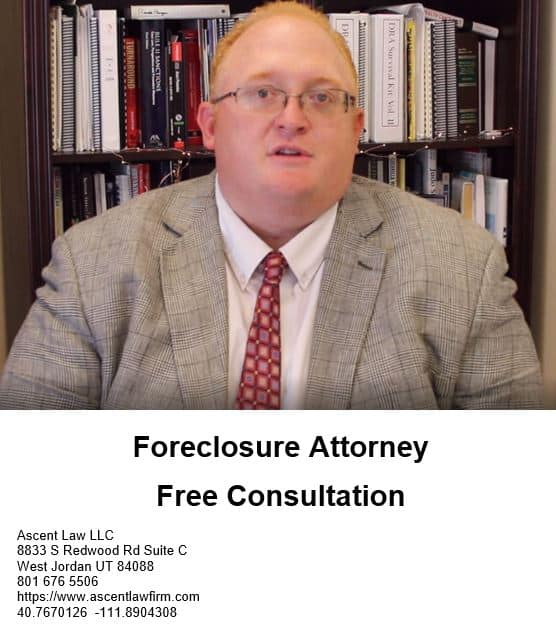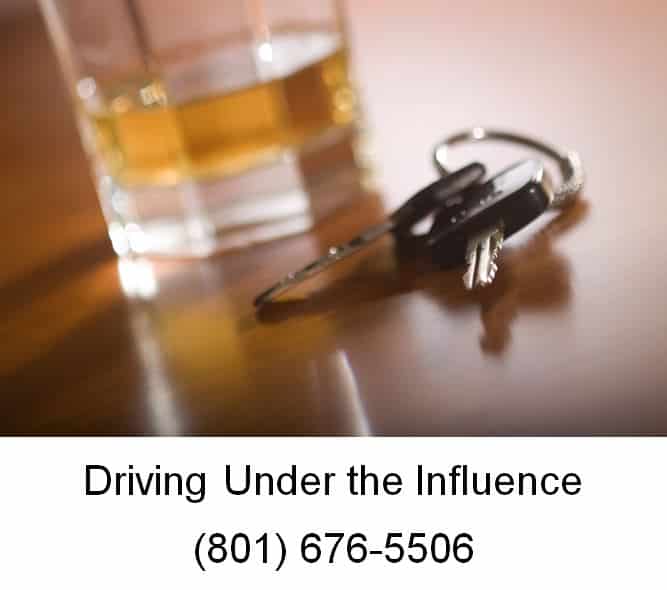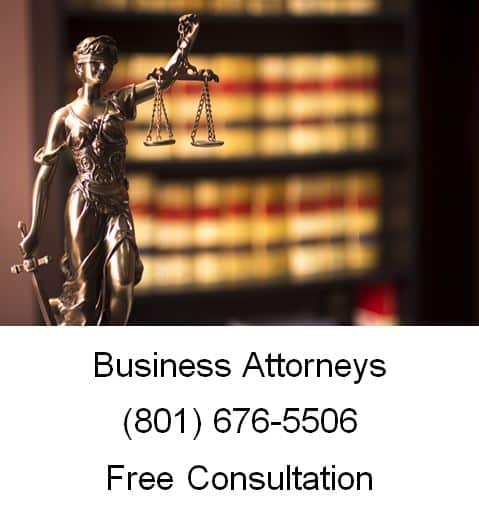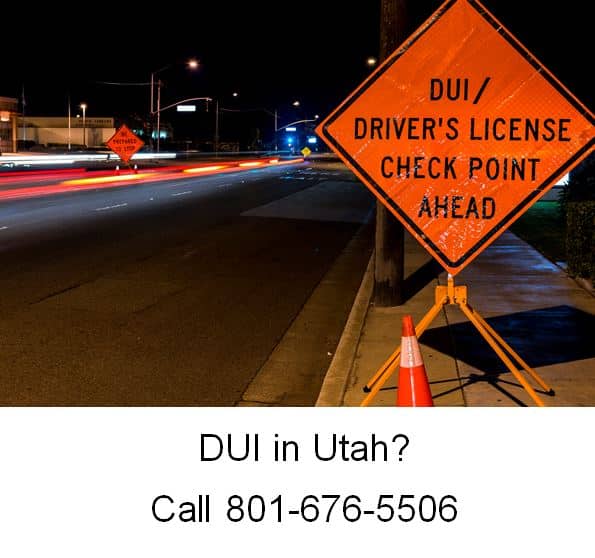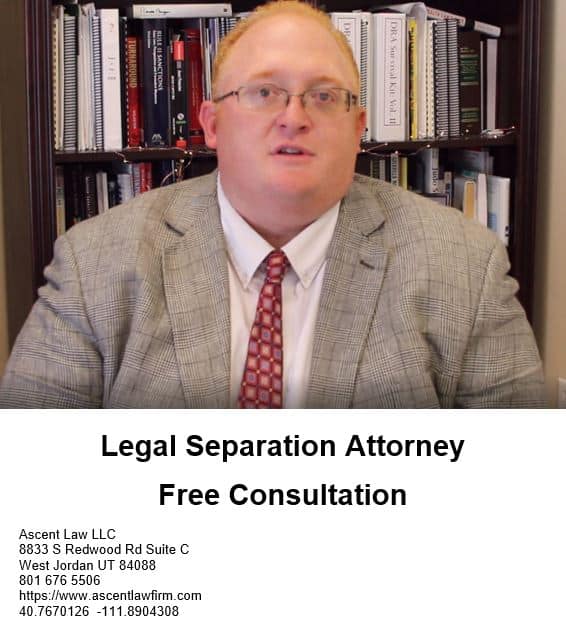
Yes, Utah does recognize legal separation. A legal separation in Utah is sometimes called separate maintenance – a court will detail the monetary support guidelines and child custody issues and the division of marital property. Couples hoping for reconciliation may prefer this form of separation to divorce. Utah requires married couples with children under the age of 18 to attend classes to educate themselves on divorce, and couples with no children must still undergo a 90-day waiting period. Moreover, married couples filing for divorce must also attend a mediation session to resolve remaining disputes before going to trial. Filing for legal separation circumvents the class requirements and the 90-day waiting period.
Parties are legally separated only when a court enters a decree of separate maintenance. To obtain a decree of separate maintenance in Utah, the parties go through an action like a divorce. Separate maintenance divides property, awards custody of children, and provides for child support and alimony, but does so on a temporary basis; the decree of separate maintenance does not end the marriage. Alimony under separate maintenance is more common than under a divorce decree because the parties are still married, and the law requires spouses to support one another.
Once the separation occurs, the separated couple may file for a divorce, which is independent of the legal separation. Court and attorney fees for legal separation and divorce are equal, but couples seeking a divorce after a separation will end up paying the same amount twice. Couples seeking legal separation must resolve issues similar to that of divorce, including child custody and visitation, dividing up property and child support, and paying debts.
Separation Agreement
A separation agreement is a legal binding contract signed by spouses, which is intended to resolve property, debt and child related issues. This can be a very complex and detailed document depending upon the unique situation of the marriage. Many spouses consult an attorney to provide this or they decide to prepare their own.
Couples can obtain a legal separation on a few different grounds, which include one party having deserted or left the other without reason or, although able, neglects or refuses to provide for the other spouse. One can also seek legal separation when the other is imprisoned for a period exceeding one year, preventing that incarcerated party from providing for the spouse. Additionally, legal separation is obtainable when spouses live separately but claim no grievance.
Twenty one days after the paperwork petitioning the court for a legal separation has been filed, the respondent receives a summons to appear in court. In court, the petitioner explains the grounds for the separation, and the judge generally grants a decree of legal separation.
Sometimes, no matter how hard you try, marriages fail. We’ve all heard of divorce, which is the process couple use to end their marriage legally. Divorce begins when one spouse files a motion (request) with the court. Typically, couples can negotiate the terms for their divorce, including child custody and visitation, child support, property division, and spousal support.
If you’ve agreed to most of the conditions, but still have disputes about others, you can ask the court to decide for you. Once the judge finalizes your divorce, both you and your spouse are free to remarry, acquire property, and relocate as single people. The process for legal separation in many states is nearly identical to divorce, but there’s one critical difference: legal separation doesn’t terminate your marriage. Although you (or the judge) decide the same divorce-related issues, and once the judge grants your request you’re both free to live independent lives, if either spouse wants to remarry in the future, that spouse must ask the court for a formal divorce, first. Both legal procedures are similar in cost and time commitment; however, if you pursue legal separation before a divorce, you’ll likely be paying twice. Much like the decision to get married, the choice of whether to pursue a legal separation or divorce is intensely personal. If you’re not sure if you want a divorce, legal separation might be the most appropriate way to give you time apart while you try to repair the relationship.
Many couples decide to legally separate to continue employer-sponsored health care for a spouse. If you get divorced, it will likely trigger your health insurance to cancel your spouse’s benefits, and in a country where one medical emergency can bankrupt a family, sometimes it’s easier to stay married.
Although there’s no right or wrong reason to pursue legal separation instead of divorce, some of the most common include using separation:
• as a dry-run for divorce
• to preserve valuable tax benefits or other federal benefits
• to promote stability for minor children while given each spouse freedom to move away from the relationship, or
• to overcome religious, social, or moral objections to divorce.
Law requires the judge to wait for a minimum of 30 days before acting on your case. The court may waive the waiting period if a judge finds that there are extraordinary circumstances, but this is rare. If you have minor children, you must attend divorce orientation and divorce education classes before the judge can grant your request. Most couples can fulfill this requirement during the waiting period. If you don’t have minor children, you can use the waiting period to negotiate the terms of your separation. You should determine the best parenting plan for your family, how you will handle property and debt division, and resolve any issues about child or spousal support. If either spouse wishes to convert the separation into divorce later, that spouse can file a motion with the court. Your spouse can object, and if so, you’ll need to go to court and demonstrate that you meet the guidelines for divorce. If you do, the court will approve your request.
You can participate in a trial separation, which is where you live apart for a specific time and reassess your marriage. Most couples can orally agree to the terms of the trial, and it’s usually the best way to find out if separation or divorce is right for you. The court doesn’t monitor trial separations, so if either spouse doesn’t want to participate, that spouse can file a formal petition with the court for separate maintenance or divorce.
In Utah, an action may be filed by a husband or wife for legal separation, also called separate maintenance. This action is much like a divorce, but does not seek to sever the marriage. In other words, if a couple does not want to divorce at this time, but wants to live apart, the husband or wife may file an action for separate maintenance to determine custody of children, support, property and debt division, etc. One of the main benefits of a separate maintenance action is that it allows a separating couple to define their rights and responsibilities regarding their children and property while they work through the issues that led to their separation. Two unique aspects of a separate maintenance action is that either party may seek an order restraining the other from disposing of or wasting marital property. Also, a separate maintenance action may be converted to a divorce action if either party desires to sever the marriage after the separate maintenance action has begun.
A separate maintenance action allows the family court to resolve all the issues that could be resolved in a divorce action except for granting a divorce. Thus, the family court can decide child custody, visitation and support for the parties’ children, equitably divide the marital property, and set or deny alimony. Issues that are resolved in a final order of separate maintenance, whether by court-approved agreement or through trial, are considered final and either cannot be modified or can only be modified upon a showing of a substantial change of circumstances. If a spouse develops a ground for divorce while the separate maintenance action is pending, that spouse may file a supplemental pleading to seek a divorce. If the separate maintenance action is resolved without a divorce being granted, a spouse may later file an action for divorce once he or she has a ground for divorce. While any divorce experience or separation can be overwhelming, having a Divorce Attorney on your side will go a long way in making the situation more manageable. It does not matter what the grounds for your divorce are or whether it is contested or uncontested, it essential that you have competent representation to advocate for your rights. Legal separation, also called Separate Maintenance in Utah allows a couple to take advantage of the elements of a traditional divorce but without violating religious beliefs against divorce. A decree of Separate Maintenance has the same effect as a divorce, including child and spousal support issues, custody, visitation, and property distribution. The terms of Separate Maintenance are binding. However, the most significant difference is that Separate Maintenance does not end a marriage. Since the spouses will remain legally married after a judgment of legal separation, they can remain on the other spouse’s health insurance policy, if necessary, and they cannot remarry.
Legal Separation In Utah
Separate Maintenance is available in Utah under the following conditions:
• One spouse deserted the other with no good cause;
• One spouse is able to support the other but does not;
• Through no fault of the requesting spouse, the spouses are living apart;
• One spouse is in prison for one year or more and has made no provision for the other; or
• One spouse is a resident of Utah, and has property in Utah, but does not support the other spouse.
In order to request legal separation, or separate maintenance in Utah, the spouse filing for legal separation, also called the Petitioner, must go to Utah’s Online Court Assistance Program. The program will prompt the Petitioner to fill out all the information needed for the forms. Once the Petitioner has entered all of the information, the forms will be created by the program. In Utah, the Petitioner must take the following steps:
After the Petitioner has printed all of the forms, they must file them with the court in the county where either spouse lives. The Petitioner also has the option of filing the forms by mail. To determine where to mail the forms, the Petitioner can go to the Utah Court directory. If the Petitioner files by mail, the Petitioner is responsible for any forms that do not arrive. A document is not filed until it is actually received by the court. The Petitioner must pay the filing fee. The cost to file for legal separation in Utah is $310. If the Petitioner cannot afford the filing fee, the Petitioner can fill out and file the following forms along with the legal separation paperwork: Motion to Waive Fees; and an Affidavit Supporting Motion to Waive Fees. The Petitioner must serve the documents on the Respondent within 120 days of when the Petitioner filed the forms.
There are a few ways the Respondent can be served in Utah:
Acceptance of service: If the Respondent agrees to accept service, the Petitioner can hand deliver the documents to the Respondent. Alternately, the documents can be mailed or emailed to the Respondent. The Petitioner must ask Respondent to sign and date an Acceptance of Service. The Acceptance of Service must be filed with the court.
Personal Service: Any person, 18 or older, who is not a party to the proceeding, can serve the Respondent. The person serving the Respondent must not have been convicted of a felony violation of a sex offense, and must not be the Respondent in a protective order proceeding. If the Respondent cannot be located for personal service, the person serving the documents may leave them with an adult who lives in the Respondent’s home. The adult who served the Respondent must complete Proof of Service. The Proof of Service must be filed with the court.
Sheriff’s Office: The Sheriff’s office in the county where the Respondent lives or works can serve the paperwork on the Respondent. They will complete the Proof of Service form and return the form to the Petitioner after the Respondent has been served. The Petitioner must submit the Proof of Service to the court. There is a fee for this service.
Service by Mail: The Petitioner may serve the Respondent through mail or delivery services such as UPS or FedEx. The Petitioner must mail the documents registered or certified mail with return receipt, and the Respondent must sign for delivery. If anyone other than the Respondent signed for delivery, the papers will not be considered served. The Petitioner is required to complete a Certificate of Service, and attach proof that the Respondent signed for the delivery. The Certificate of Service and proof must be submitted to the court.
Acceptance of Service, Appearance, Consent and Waiver: If the Respondent agrees with everything in the Petition for Legal Separation, the Petitioner can ask the Respondent to sign the Acceptance of Service, Appearance, Consent and Waiver. This form will be created through the Online Court Assistance Program. By signing this form, the Respondent is stating that they received a copy of the Petition and Summons, they read and understood the Petition, and they agree completely with everything requested in the Petition. This form must be signed in front of a notary, or the clerk of court. The Petitioner is required to file the form with the clerk of court.
The Respondent has 21 days (30 if they reside outside of Utah) to file an Answer. Once the Respondent files an Answer, both parties must complete a Financial Declaration form. The Petitioner has 14 days from the time the Respondent files an Answer to send their spouse the Financial Declaration. The Petitioner must submit a Certificate of Service of Financial Declaration to the court as proof that the Respondent has received the Financial Declaration.
If the Respondent files an Answer that disagrees with any issues raised in the Complaint, the parties will be ordered to attend mediation. Parties ordered to attend mediation must attend at least one session of mediation, and attempt to resolve their disputes. The parties are responsible for locating and paying a mediator who is qualified. The parties can use the Utah Courts Mediation website to help them locate an approved mediator, unless otherwise ordered, the parties will split the cost of mediation. In Utah, if the parties cannot reach an agreement on contested issues, the court will schedule a pretrial conference to make a final attempt to settle issues. If the issues cannot be settled, the court will schedule which issues will go to trial. If the parties can agree during mediation or the pretrial conference on issues like property division and spousal support, they can go to a final hearing, where a judge will sign off on the legal separation. If there is no agreement, the case will proceed to trial. After trial, the judge will make a decision in the case. The party requesting the legal separation is the Petitioner, and the other party is the Respondent. If you live in the state of Utah and are considering a divorce, you should know there are two other options, annulment and legal separation.
Legal Separation Lawyer Free Consultation
When you need to get a legal separation in Utah, please call Ascent Law LLC for your free consultation (801) 676-5506. We want to help you.
8833 S. Redwood Road, Suite C
West Jordan, Utah
84088 United States
Telephone: (801) 676-5506
Recent Posts
How To Avoid Problems With Employment References
Accident Attorney Salt Lake City 84118
Which Bankruptcy Clears All Debt?
from Michael Anderson https://www.ascentlawfirm.com/does-utah-recognize-legal-separation/
from
https://grum193.wordpress.com/2020/04/04/does-utah-recognize-legal-separation/


